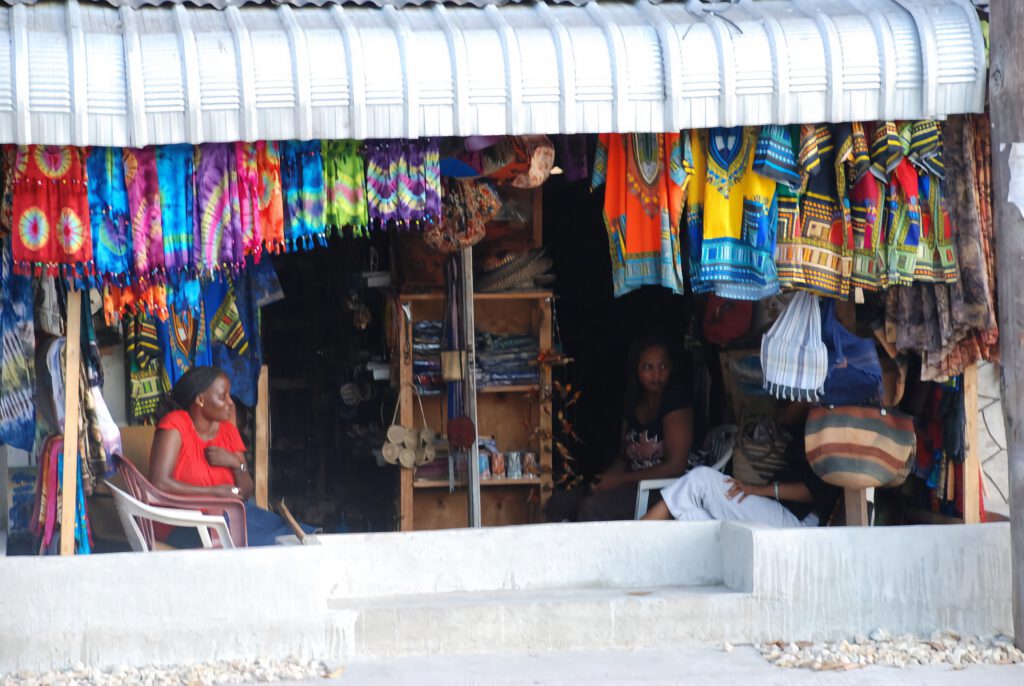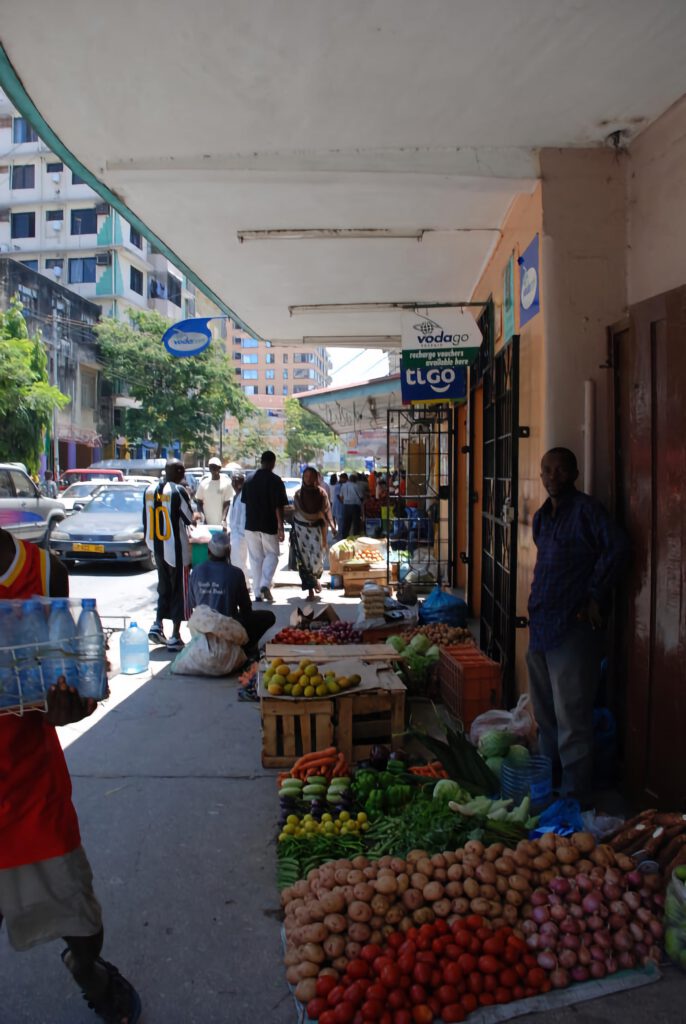Social Enterprises and Nonprofits and their Ecosystems

The question of what enables African SEs and NPOs to contribute to resilience in their communities is enormously complex. Even in the same sector and with similar governance structures, organizations react very differently to the prevailing ecosystem. Whether and how they contribute to community-resilience depends on much more than just their structural characteristics. An approach to the most important factors for the survival and adaptability of SEs and NPOs and their contributions to community-resilience requires in-depth analyses, the unbiased collection and evaluation of subjective relevances attached to their activities and a reconstructive understanding of the strategies pursued on a case-by-case basis.
WP 8 examines the interactions between the contextual conditions and the organizational structures of four SEs and NPOs in Soweto and Diepsluit. For this purpose, organizations are selected that have been in existence for more than five years and differ significantly in type. Distinguishing features include their legal form and basics, staffing, origins of resources, working methods, marketing, contributions to the community and cooperation with public authorities, foundations or commercial companies.
Using open, narrative individual and focus group interviews with key stakeholders, document analysis and participatory observation, four researchers from the Frankfurt University of Applied Sciences (FRA-UAS) and the University of the Witwatersrand Johannesburg (Wits) examine each organization from multiple perspectives for their resilience factors and strategies. Particular attention is paid to the organizational experiences of disruption, mission drift and crisis management, but also the use of supportive ecosystem offers. The results are presented in the form of case studies, discussed and enriched with various stakeholders (Delphi process) and subjected to a cross-case analysis in order to identify essential elements of the interaction between the local ecosystem and resilience events. The aim is to give the actors in this ecosystem (e.g. local governments) information on how to improve their relationships with and offers to SEs and NPOs.

